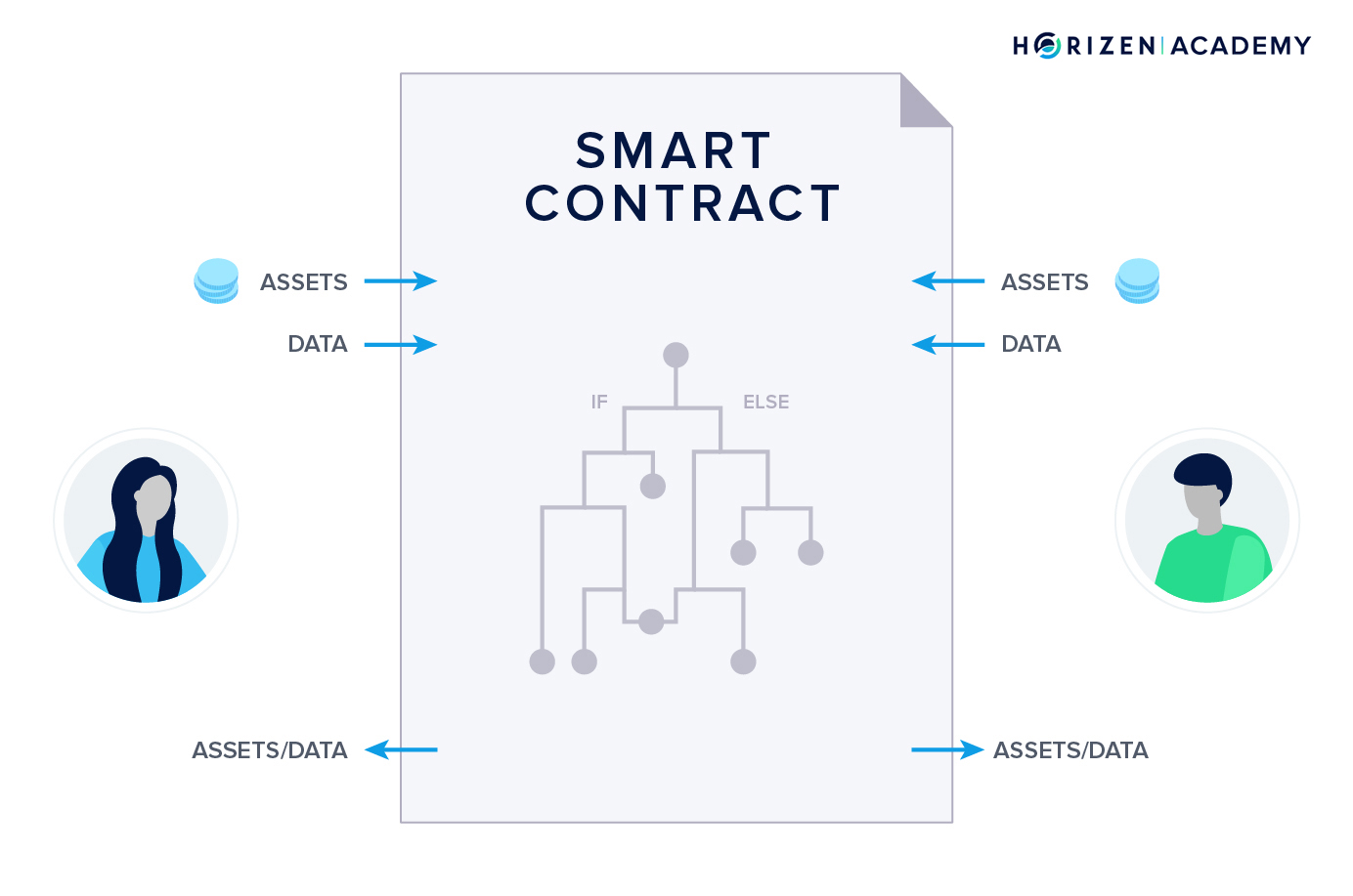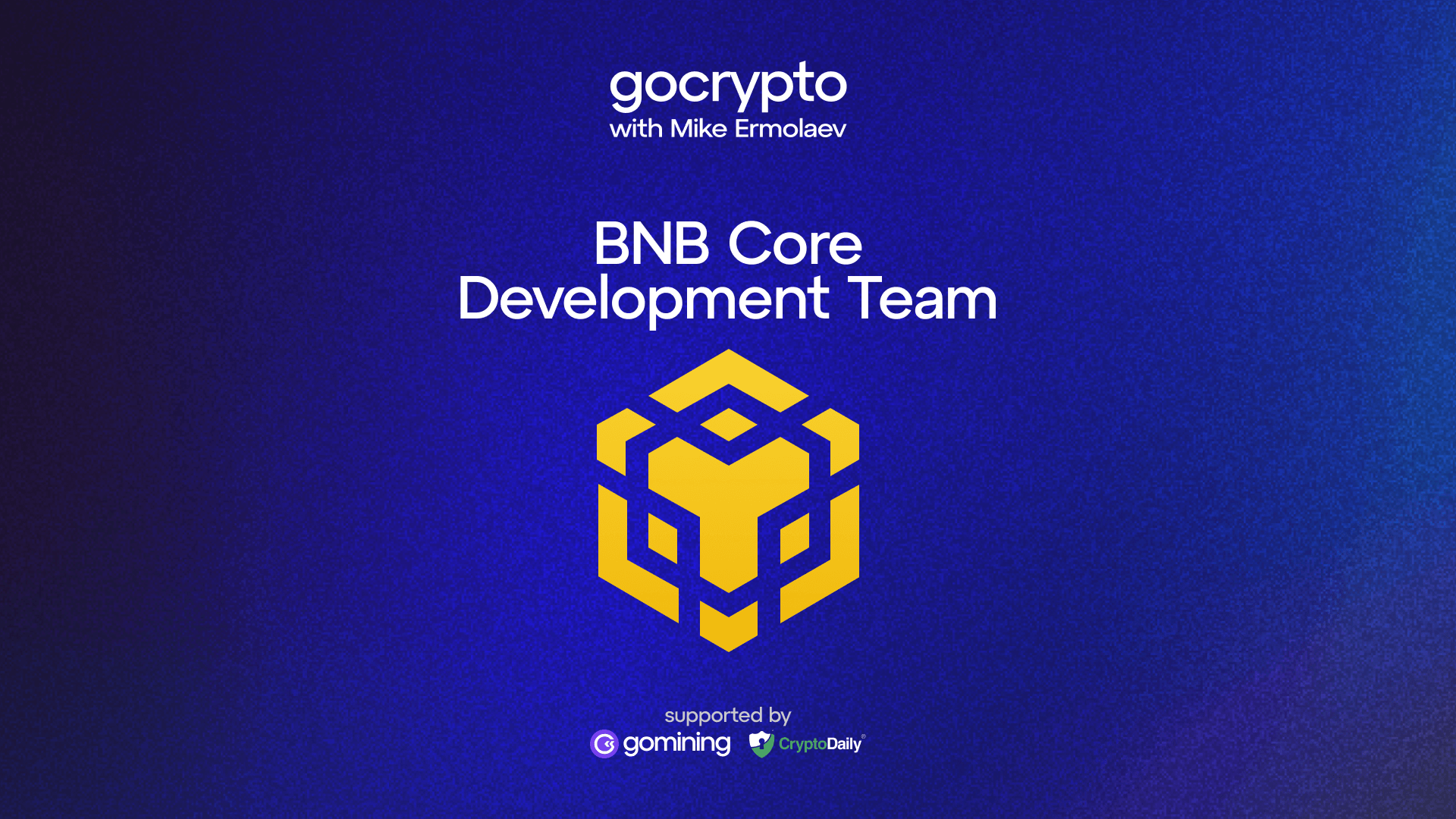With the blockchain technology everywhere in this modern age, it's nothing but flex to enter into any cryptocurrency system paying in and getting tokens in return. The smart contract is what makes this move possible. With the vast changing technology and the rise in blockchain application, it's essential to know what "smart contract" is.
What is a smart contract?
Contracts are virtually as old as man; it means a legally binding agreement that governs and recognizes the rights and duties of both parties in a deal. A smart contract is a self-executing contract that helps exchange property, money(in the form of currency), and other services. The motive behind the creation is to remove all paper works, a smart contract "smart" as the name implies, involves removing the middle man whose role was to be the enforcer of the contract. The entire idea works like a vending machine; you pay some money, and in return, you automatically get your goods or service. All these are done without the excessive paperwork a contract brings. In many cases, you pay money into a blockchain, which of course, is decentralized, and it throws out some tokens. The code becomes the middle man removing the need for a lawyer or anyone authorized to perform legal affairs.
Why smart contracts
Every industry today craves for a digitized and automated system. Like in every commercial setting, having a middleman is essential for blockchain; in this case, the middleman is a code. You enter into the blockchain, which in this case, is Ethereum; you pay money in your currency. Using some if/then statement that makes the codes smart, it knows how much to pay out and when even to cancel payment or reject the payment. The blockchain wouldn't exist if the smart contract weren't there to function in the way it does. In the near future, we will see the smart contract plays an even more significant role in new discoveries and makes old technology function better.
Benefits smart contracts bring
Evidently, smart contracts play a significant role today and would even play some much bigger ones in the future. Here are some benefits the smart contract brings:
- Trust: The system can be trusted since it is a transparent and immutable code. Banks and financial institutions, as middlemen in transactions, have not really been the best choice in the past. However, an automated system acting as a middleman in a deal eliminates huge trust issues and boosts the investors' confidence. Blockchain works soles on this, and it's been working for years.
- Independent service: The service code is put in place; they exist as a standalone with zero needs to lean on any intermediary whatsoever. This makes them very cost-effective, generally efficient, and the risk of fraud are reduced. Since this system is also a decentralized type, you needn't worry about it being one that can be meddled with by 3rd parties, and this happens a lot in contracts.
- Security: With the kind of system the blockchain is built on, it's almost impossible to dream of hacking or stealing from a person's account. You'd need to take over more than half the entire system to pull such a move. Don't forget the blockchain users are built on anonymity, so tracing is impossible. Smart contracts in the blockchain are very secure.
- Speed: Speed and accuracy is far too important for any system to function effectively. When money is sent over a blockchain, there's this near-instant transfer. Automated processes are fast; the lack of 3rd parties with vast chunks of contract document also makes the contract very fast.
A smart contract, as mentioned earlier, is now used in different sectors, not just finance. So far, a situation requires the condition of trading goods and services; then, a smart contract can be used. Research is ongoing in many industries, and we expect that some breakthrough will be made soon enough. Until then, we know and believe our "smart contract" makes our regular "contract" smarter, as the name implies.
Investment Disclaimer








